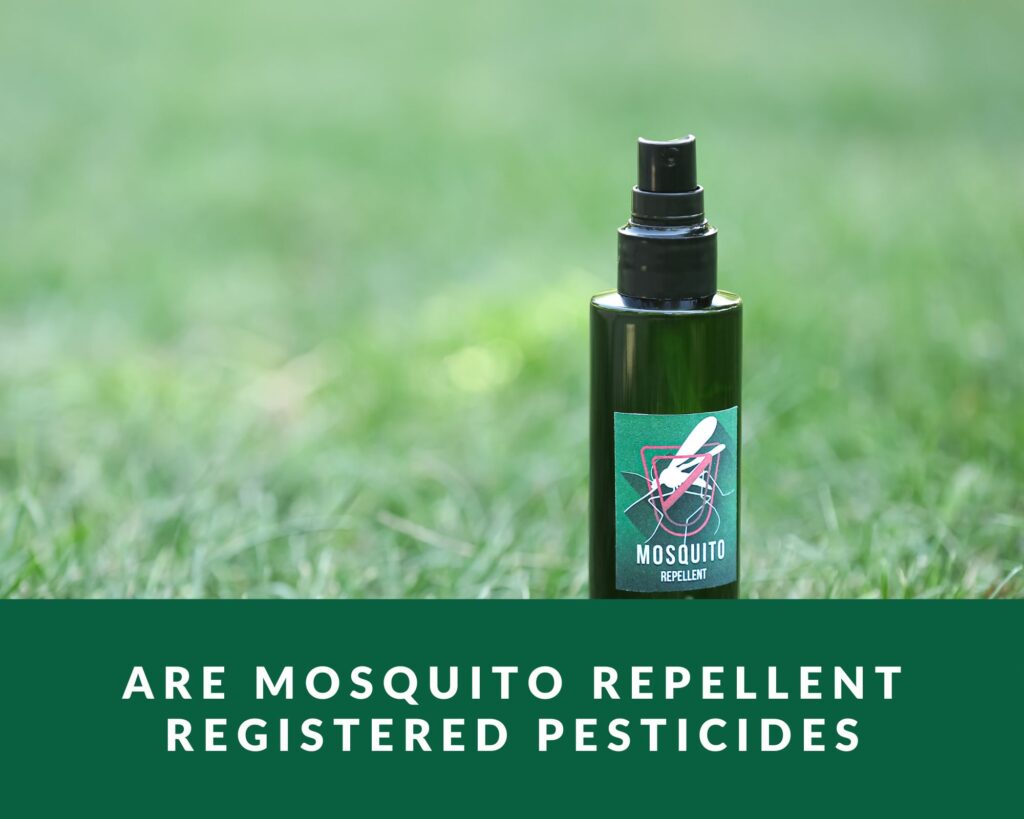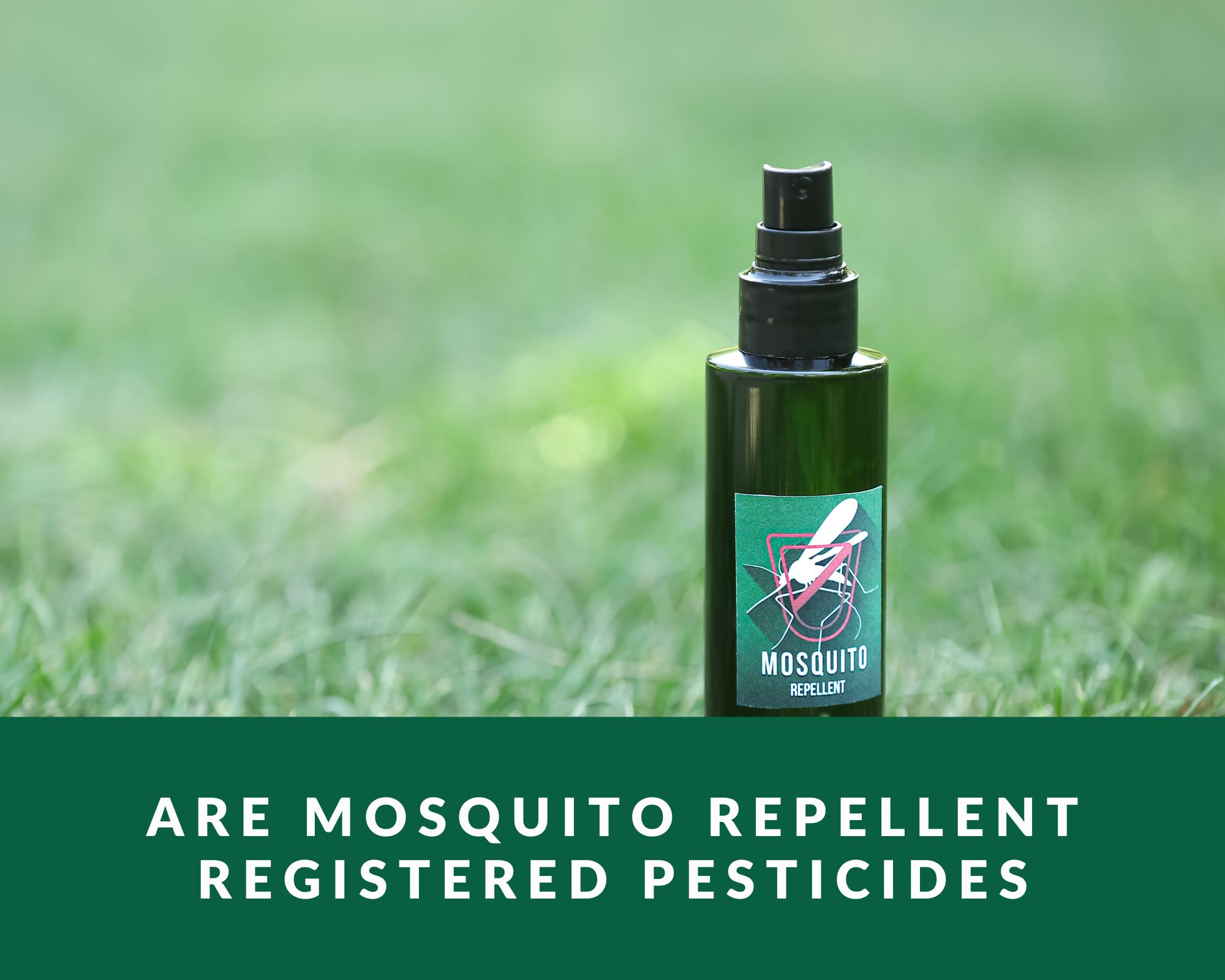Mosquitoes are drawn to people by things like strong scents (such as scented soaps, foods, or body odor), dark or brightly colored clothing, and warm body temperatures. The bites are irritating and bothersome, but you should also try to avoid them since they can occasionally spread dangerous infections like West Nile, Zika, or malaria. Are mosquito repellent registered pesticides?

A repellent for mosquitoes doesn’t actually kill insects. In order to reduce your risk of being bitten by mosquitoes, repellents work by making individuals less attractive to them.
What is a mosquito repellent
Sprays or lotions that repel insects are known as a mosquito repellent. In addition to causing allergic reactions, mosquito bites can also leave behind huge, painful welts on your body. Although mosquito repellent does not actually kill insects, the fragrance of the substances does.
Commercial mosquito repellent frequently includes artificial ingredients like DEET, which can irritate the skin and lead to rashes. Natural mosquito repellents use the aroma of essential oils, which are gentle on the skin and repel mosquitoes.
Types of mosquito repellent
When we want to prevent mosquito bites, we frequently think of topical insect repellents. Since they follow you everywhere you go, they are the most generally useful. The EPA also registers the following categories of repellents:
A fan or other device that disperses the repellent close to your body is a common feature of clip-on items that contain a pad with the active ingredient.
Repellant is spread throughout an outside space by means of a heating mechanism in spatial repellents. The following are some examples of dispersal processes for spatial repellents:
- Candles
- Tabletop diffusers
- Lanterns
- Coils
- Sticks
Note: Unless the label clearly specifies they can be used indoors, static and wearable spatial repellents are only to be used outside.
Are mosquito repellent registered pesticides
The Environmental Protection Agency classifies mosquito repellents as pesticides (EPA). As a result, they need to be registered with the EPA before they may be marketed in any nation. Companies submit product data (constituents, testing outcomes, targets, suggested labels, etc.), and the EPA determines whether the items are “safe” when used according to the instructions. They also check to determine if the majority of compounds are effective.
The EPA has drastically decreased or eliminated the need for efficiency testing for one class of chemicals. This applies to “natural” products made from substances on the government’s generally regarded as safe list (GRAS). Black pepper, several essential oils, caffeine, ethyl alcohol, spices, and other ingredients found in food are among the substances on the GRAS list.
An insect repellent that is “natural” may not be as effective as one that has been tested in accordance with the standard because it has not undergone the same stringent testing requirements as repellents that solely contain GRAS-list chemicals (DEET).
The label on a product becomes a legally binding document after it has been approved by the EPA, and everyone must abide by it when using it. It is forbidden for us to use (or suggest) products in a way that “is inconsistent with their labeling.” Please read and abide by all label instructions. They are there to guarantee your safety and boost the product’s efficacy.
A mosquito repellent registered pesticides: how to know
Products that have been registered with the EPA will have an EPA number that may be checked on the EPA site. Active compounds that are frequently registered by the EPA include:
- Catnip oil
- DEET
- R-3535
- Citronella oil
- Picaridin
- Eucalyptus oil
It’s significant to remember that both EPA-registered and unregistered products might contain botanical-based ingredients.
Conclusion
It’s essential to keep in mind that mosquitoes are more than just a bother. Viruses transmitted by mosquitoes can result in serious illness. Since there are few effective treatments for many ailments, prevention is essential.
Even while you might not enjoy using mosquito repellent, it is perhaps the most effective tactic we have. We need to get into the practice of regularly applying mosquito repellent throughout the warmer months, just as we’ve established the habit of wearing sunscreen.

